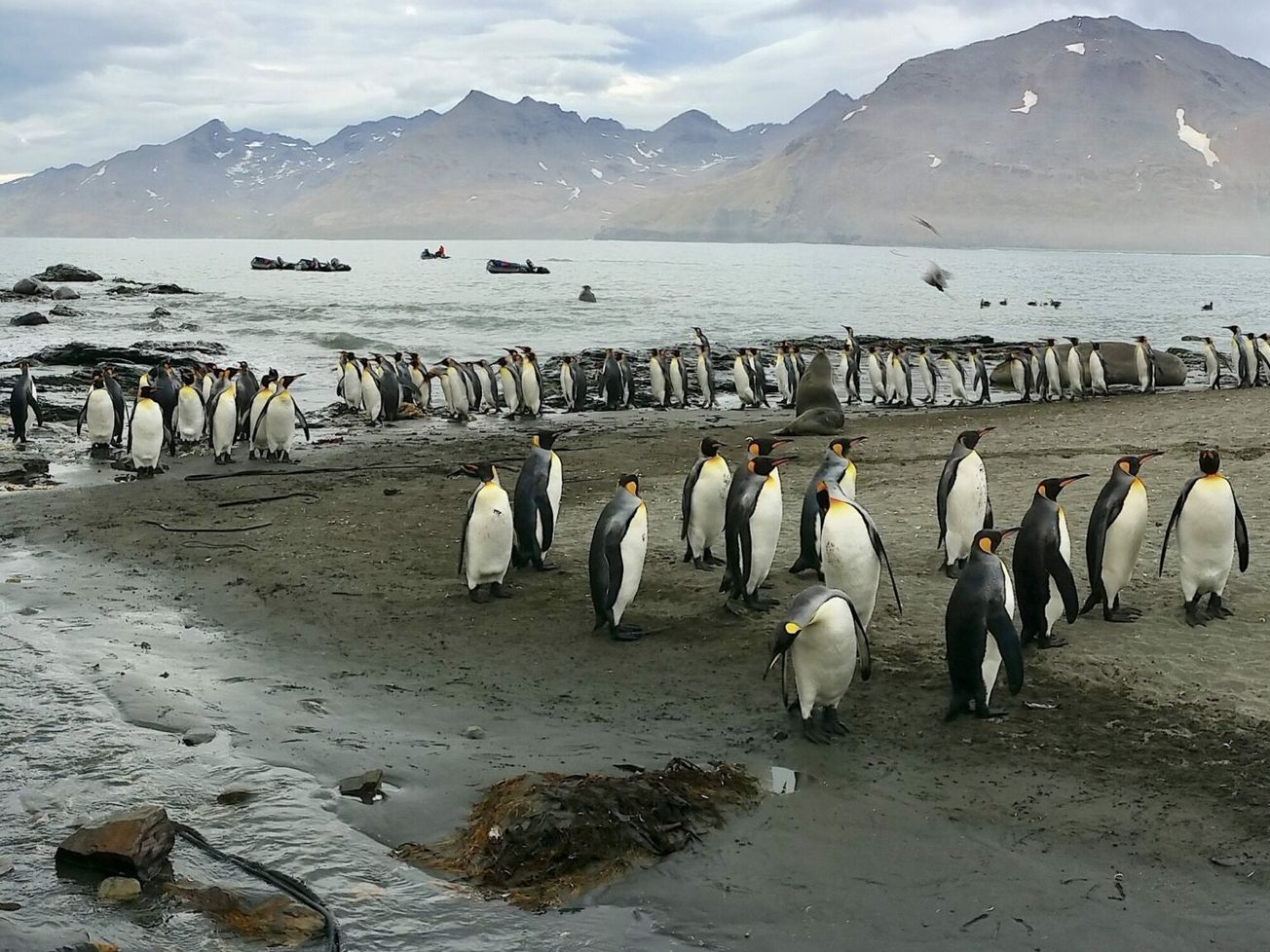Like house guests wearing out their welcome, humans are trashing the planet so fast that it would take 1.7 "Earths" to regenerate all of the biological resources used up from 2011 to 2016, the U.N. Convention on Biological Diversity reported on Tuesday.
Since 1970, humanity has been running an ecological deficit: using more resources each year than Earth can renew and producing more waste than nature can absorb, scientists said. As a result, none of the United Nations' 20 decade-long goals for protecting biodiversity — the variety of life in all its forms — were achieved, the CBD's secretariat said in its Global Biodiversity Outlook 5 report.








